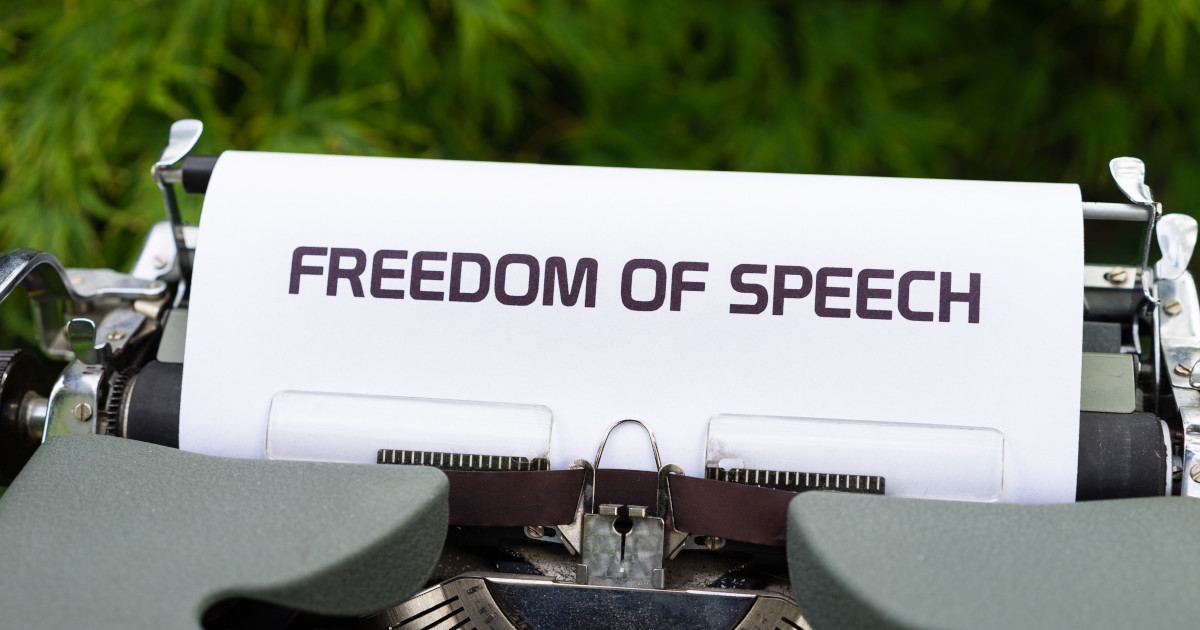
Academic Exposes Media Propaganda
- Professor Mark Crispin Miller has taught classes on mass persuasion and propaganda at the New York University Steinhardt School of Culture, Education and Human Development for the last two decades. After challenging students to investigate current propaganda narratives surrounding mask mandates, Miller was placed under conduct review for spreading “dangerous misinformation.”
May 6, 2021 | Source: Mercola.com | by Dr. Joseph Mercola
In the video above, James Corbett of The Corbett Report interviews1 professor Mark Crispin Miller about mass persuasion and propaganda — topics he’s been teaching at the New York University Steinhardt School of Culture, Education and Human Development for the last two decades — and the current state of free speech.
Miller recently sued 19 of his department colleagues for libel after they signed a letter to the school dean demanding a review of Miller’s conduct. He points out that his course on propaganda is not focused on historical examples of mass persuasion but, rather, teaches his students to recognize and resist propaganda in real or recent times.
“This can be quite challenging,” he says. It’s rather easy to identify examples of propaganda that you do not agree with. It’s much more difficult when it’s something you care about, agree with or believe in; when it pushes your buttons. It requires you to detach, to take a bird’s-eye view and develop impartiality. You have to “make an attempt to think about it, critically,” Miller explains, and to look at both sides of the issue.
Unfortunately, as noted by Miller, getting the other side of the story is now becoming increasingly difficult, thanks to Big Tech censorship, which oftentimes filters out or blocks all but one viewpoint.
Identifying COVID Propaganda
At the beginning of this last semester, Miller suggested his students take a deep dive into the current propaganda narratives at work. He pointed out that the COVID-19 crisis, which justified distance learning, self-isolation and separation from family and friends, was driven by very powerful propaganda narratives.
He stresses that he’s not saying the COVID-19 pandemic is a fraud or that the narratives are false — propaganda can be factually accurate — only that propaganda tends to be one-sided. It offers just one, nearly always biased, side of the story. Miller offered up the example of mask mandates. Previous randomized studies show that masks are ineffective as barriers against respiratory viruses such as influenza.
He instructed his students to read those papers, as well as more recent studies that might suggest there’s some benefit. He also instructed them to analyze potential conflicts of interest that might have influenced the findings, such as funding by Big Pharma or the Bill & Melinda Gates Foundation. He also warned them that when using Google search, biased articles will typically show up first, “as Google owns two pharmaceutical companies,” he explains.
Cancel-Culture Strikes
As it turns out, one student asked to join his class late, which he accepted. Having missed these preliminary instructions and discussions about how to identify and study propaganda, the late-entry student took to Twitter to complain about the assignment to investigate mask narratives and demanded Miller be fired.
The department chair, without consulting with Miller, responded to the student’s tweet, saying the department would prioritize the matter and take steps to address it. The next day, the doctor who advises the NYU on its “insanely draconian COVID rules” and the dean emailed Miller’s students, without copying him on the correspondence, saying he had given them “dangerous misinformation” about masking.
Next, they demanded he cancel his propaganda course for the following semester. “I had no choice but to do that,” Miller says, “but I told them I’m doing it under protest.”
